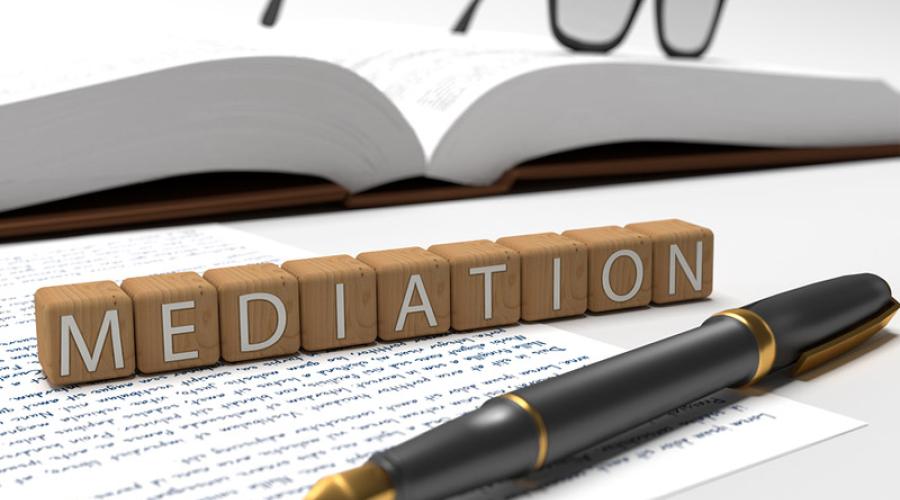
Indigenous Practices Focus of New Program
The ILR Hopi & Navajo Engaged Learning Program, being held for the first time this January, will introduce ILR students to the dispute resolution processes used by the Hopi and Navajo nations in Arizona and New Mexico.
The Engaged Learning Program in Native American dispute resolution was first envisioned by Richard Fincher ’73, who lives in Arizona. He is a mediator and arbitrator of labor and employment disputes, and an ILR Scheinman Institute adjunct faculty member.
As a former Fulbright grant recipient, Fincher taught labor relations at Tôn Đức Thắng University in Vietnam. This connection led to creation of the ILR Vietnam Engaged Learning Program, which he has directed for the past five years.
Fincher built connections with the Hopi Nation through the Association for Conflict Resolution. As he learned more about the Native American way of conflict resolution, which is “not judicial, not adjudicative and is based on restorative relationships,” he said he realized what an incredible learning opportunity working with Native Americans could be for ILR students.
Fincher approached ILR’s Office of International Programs about collaborating on a pilot program. Donna Ramill, associate director of International Programs, endorsed the idea.
“For the past 10 summers, ILR students have collaborated with our partner, the Swami Vivekananda Youth Movement, to assist Indigenous communities in India,” she said. “But, it’s something that we need to do more of and this pilot program offers a chance for students to understand the different practices that Indigenous communities in the United States use to manage conflicts.”
Although the program initially included travel to the American Southwest, it is being held virtually over Zoom to ensure the safety of participants and partners during the COVID-19 pandemic. Meetings held throughout December will prepare students for the program by learning about Native American culture and history.
Conflict resolvers from the Navajo and Hopi nations will teach, via Zoom, the conflict resolution techniques used in their nations. Students will be able to compare the conflict resolution systems used by the United States, Hopi and Navajo Nations. In addition, ILR faculty will teach how the techniques are applied across a variety of contexts.
One of the partners contributing to this program is Cornell’s American Indian and Indigenous Studies Program. Professor Kurt Jordan, program director, will present on the Indigenous Dispossession Program. Urszula Piasta-Mansfield will present on the history of Cayuga dispossession and the history of the American Indian and Indigenous Studies Program, of which she is director. Student Support Specialist Wayva Waterman Lyons of the American Indian and Indigenous Studies Program will present on the Haudenosaunee and the way the program serves Indigenous communities.
Another educational partner is Katrina Nobles, director of programs at the Scheinman Institute of Conflict Resolution. Nobles will teach restorative justice techniques as they are applied in modern dispute resolution practices.
John Bickerman ’78, M.S. ’79, who works as a mediator and arbitrator, in addition to lecturing at ILR, will teach a session on water and land dispute resolution as it affects Native American nations in the American Southwest.
The program begins in January and students will earn one to two credits during spring semester by writing a research paper that incorporates what they learned during the program.


